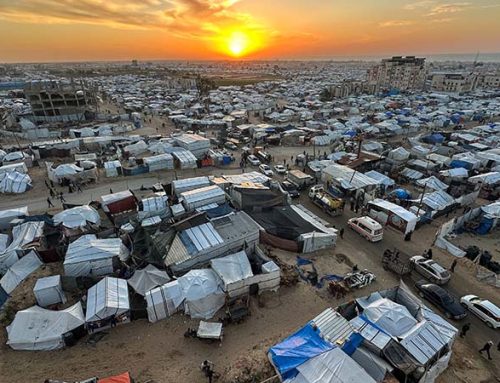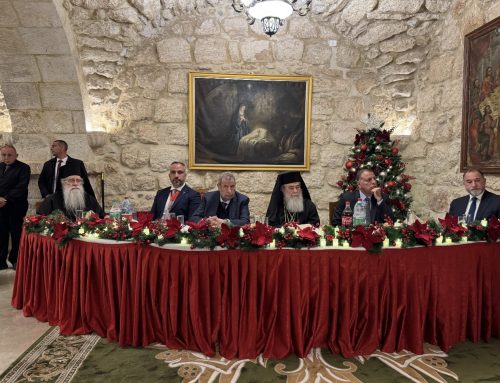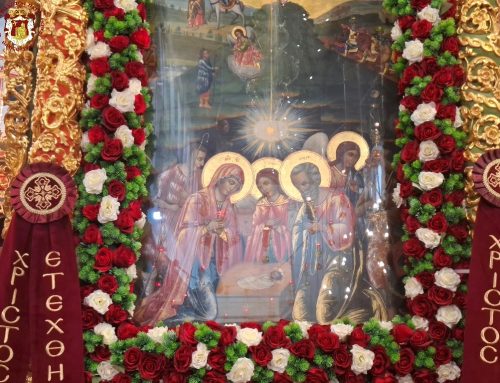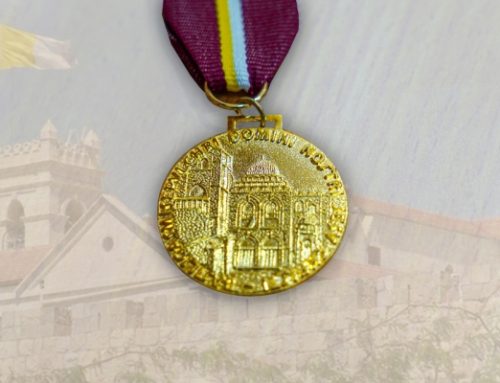Jerusalem: streets, names, and beyond…?

JERUSALEM—If all goes as planned, by the end of the year all the streets in Jerusalem will have a name, and 2013 will see the numbering of all houses within the municipality. That said, the naming of a street in the Holy City remains a delicate affair.
Jerusalem may be a city whose name is instantly recognizable, but over one thousand of her streets are anonymous. Therefore, the finance committee of Jerusalem, under the direction of Mayor Nir Barkat, has allotted an initial budget of about 1 million shekels (over US$265,000) for the plan of naming streets and numbering houses in East Jerusalem. This came after a decision by the Israeli Supreme Court on November 9, 2011 to that effect and carried out in 2013. The project was made possible by improved aerial and satellite photography. The project will begin in Chouafat and Beit Hanina, followed by Tsur Baher and Jabal Moukaber.
What’s in a name?
At first glance, this project is fulfilling a much needed service. For decades, residents of East Jerusalem, due to deficiencies in central planning have not had mail delivered to their homes in spite payment of local taxes. Instead, it has been delivered to grocery stores or to the rare post office (compare East Jerusalem’s 9 offices to the 42 in West Jerusalem). Distribution of mail and packages without an address has been very difficult if not impossible. The current project is therefore very good news for all—residents, postmen, plumbers, electricians, technicians, and emergency servicemen, such as doctors and firemen; this will go a long way towards easing daily life in this section of the city

However, behind this project of numbers and letters are memory and political issues. The choice of the names of streets is generally the prerogative of the municipality with emphasis on the political, religious, or cultural history of a city. To employ a metaphor, a city’s ‘identity card’ is written upon its street signs. It is therefore easy to understand that this procedure, for a city which is “three times holy,” and whose status has been internationally disputed since 1967, presents difficulties. On the local level, each section of the city can defend its own character against any unwanted imposition of names, but Jerusalem’s walls and names do not fail to crystallize, in the hearts of her residents, a mix of subjectivities and controversies.The lingering question is crucial: the name of a street represents an immaterial patronage.
How can the danger of excluding identities of residents by affixing names be avoided? For Bishop Shomali, Patriarchal Vicar to Jerusalem, “naming a street is taking a position: it implies authority.”Faced with “the embarrassing position of name choices due to the triple history of Jerusalem (Jewish, Christian, and Muslim),” the Bishop hopes that “the names respect the diverse heritage of Jerusalem…as long as the names attributed to the streets are of people who have done good for the city, irrespective of religion, there can be no problem.”
The local residents and organizations of predominantly Arab East Jerusalem were consulted to propose street names. In practice, the municipality asked participants to abstain from any“provocative” names, citing instigators of violent attacks. All proposals must pass before two special commissions, one of which presided over by a Supreme Court Judge. Among the list of names proposed are the Lebanese writer Khalil Gibran and Egyptian Taha Hussein. The name late Egyptian singer Oum Kalthoum will be affixed to one of the streets in East Jerusalem.
Christophe Lafontaine







